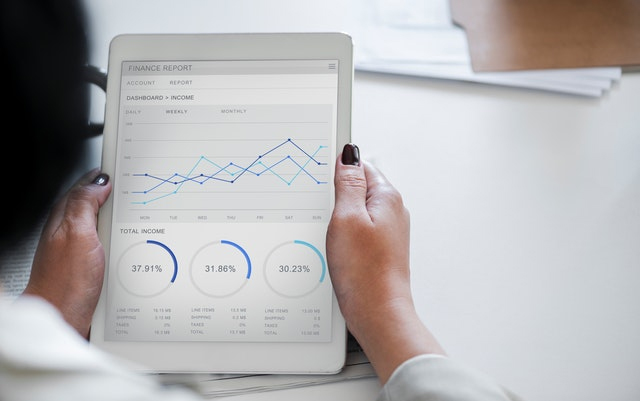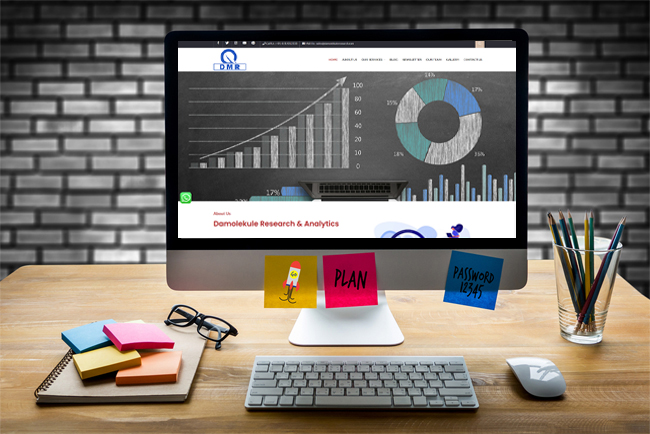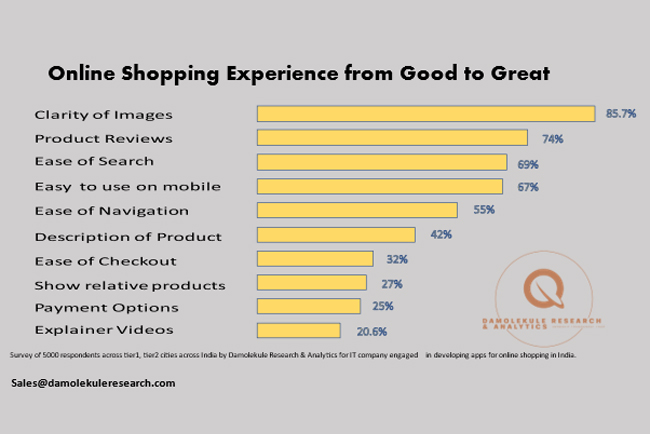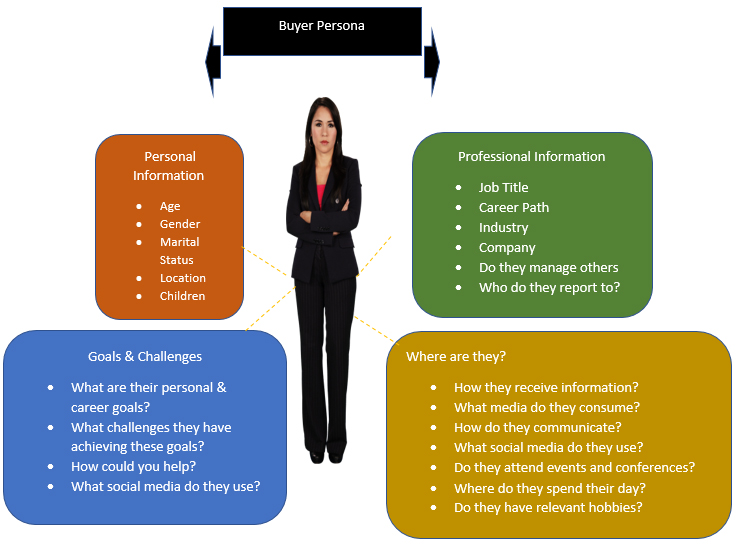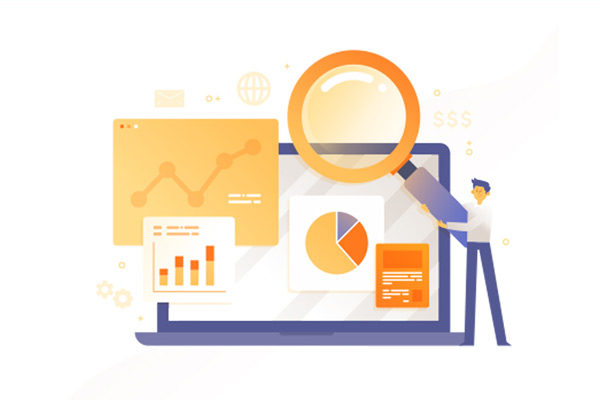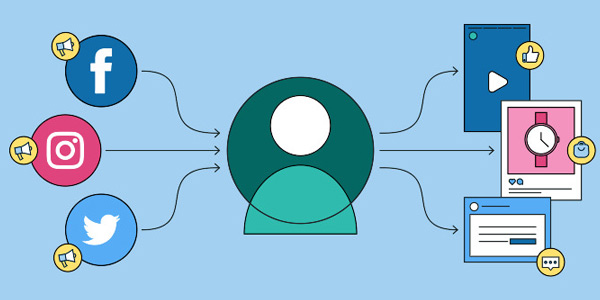Innovation in Healthcare
Introduction
The pandemic facilitated innovative practices which have transformed healthcare as we know it today. While making healthcare accessible to a larger community, it also exposed the need for further enhancement of patient-centric facilities for better health outcomes.
Currently 800 million people have little or no access to healthcare services in the developing world. Not only has the delivery of healthcare changed for patients and providers even the most challenging healthcare services has undergone sea change in delivery of these services
Factors Influencing Change
Increased Cost -Initially, the cost of health care used to be low. The additional cost was distributed to hospital management and the health care providers; so these people used to get less profit. Now, the present scenario has changed completely. Individuals or health caretakers are paying more; in form of health insurance, high premiums, taxes etc. Individuals may more in the name of quality.
Shift from cure to wellness – In the health care industry, new companies arise every day. These people view health care with a totally different lens. They consider people as patients and target all these patients with a totally new landscape. They provide health information, set up health care camps at different places, organize seminars, and provide free health check-ups to find out those people from the society who may approach one or the other ailment in near future. After finding out such people, they provide complete medical information to them, along with treatment. So, there is a shift from treatment of ill person to treatment of a person who is approaching illness. This is also understood as prevention of disease.
In this way, they build up lifetime relationship with such people/patients. If this person requires health advice in future, naturally he/she will come up for help to this new entrant only. Gradually, the company will grow with each person who adds up in its group.
Consumer demand shift – Consumers have now become more informative about their overall well-being. So, they demand more from a medical treatment than before. Their demand also increases because now they have to pay more for the same treatment in form of insurance, premiums etc.
Change in healthcare consumer behaviour – Rising healthcare expenses has brought in many changes in the way healthcare services are utilized.
- Reduction in hospital admission – People do not want to go to hospital unless it is a emergency situation preferably they want home treatment.
- Increase in outpatient surgeries – For surgery go to a big or larger hospital with better facilities and move back to lower cost hospital during recovery phase.
- Insurance buying pattern – more and more people are choosing healthcare insurance which is more affordable in premiums rather than the one which is most suitable for them.
Innovations & Changes
More money is invested in research and development across public and private sectors bringing in new innovations to the masses and driving more predictive, preventive, personalized and participatory medicines.
Healthcare companies are deploying more data analytics, AI (artificial Intelligence) virtual care and other technologies to shift health care towards a future where medicine is more personalized enable real time care interventions and provide behavioural nudges.
Vaccines are being developed in record time and a good example here is Corona Vaccine which was need of the hour due to the pandemic situation. Tried and tested methods as well as new adoptions are taking place like mRNA to prevent severity of the impact, hospitalizations and deaths.
New digital medicine products are being developed at a rapid pace however many promising innovations seem to be beyond the reach of poor and middle class.
Key Take Aways for Healthcare Providers & Professionals
- Digital transformation is an essential step in preparing for a consumer-centric Future of Health
- While the convergence model is moving forward, there are still questions lingering around the funding and business models, the digital capabilities required to reimagine care delivery, change management across the enterprise, and incentivizing the workforce to embrace the digital.
- Health care cloud investment and adoption is on an upward trajectory. Organizations are turning to cloud and related technologies – Platform as a Service (PaaS), Infrastructure as a Service (IaaS), and Software as a Service (SaaS) to improve operations, smooth capital spend, and eliminate brick-and-mortar data centers.
- Digital technologies will help construct and equip a “hospital without walls” that will blend inpatient care with alternative models including community- and home based care.






